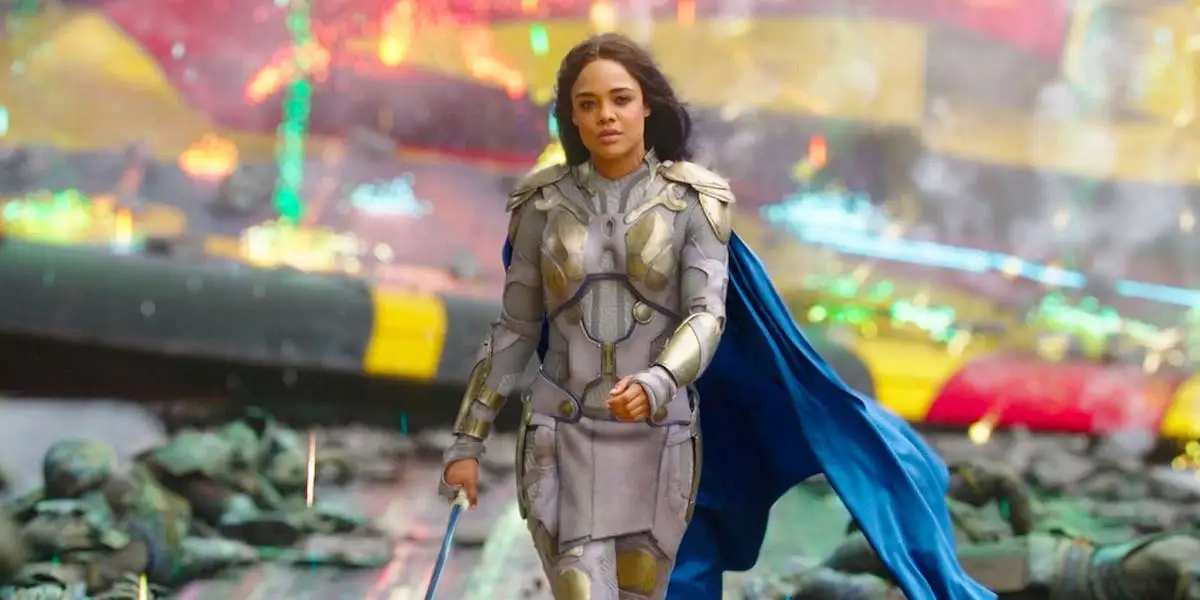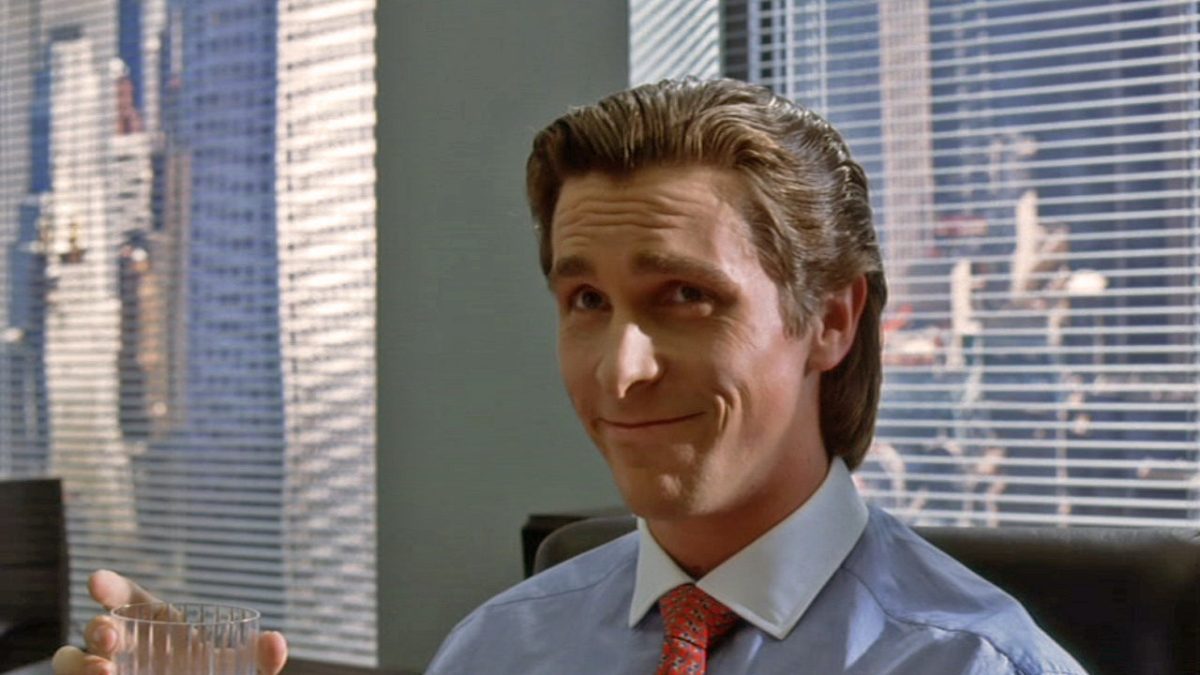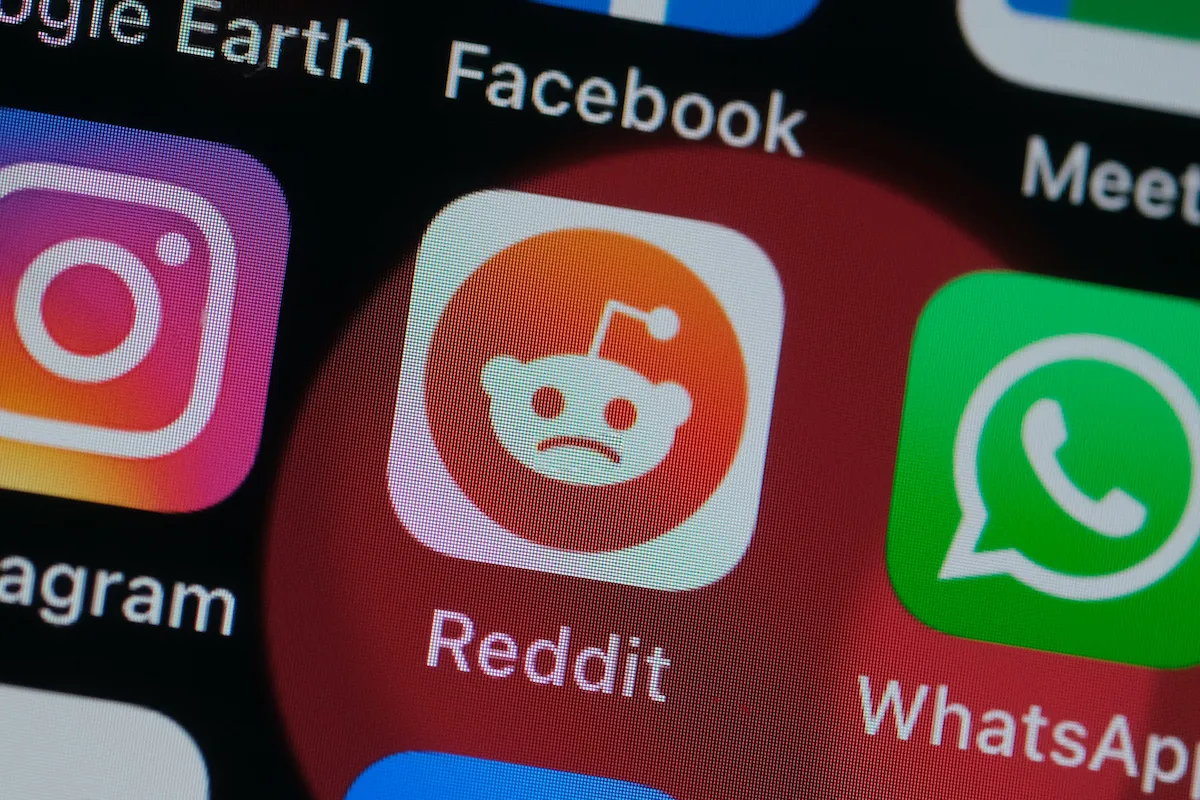The sentiments expressed by Marvel production chief Victoria Alonso are spot-on. Please forgive my skepticism.
On the Captain Marvel red carpet, Alonso was asked several questions by Variety about diversity in Marvel movies. She neatly sidesteps the query about why it took so long to have a female-led film, instead asserting that Carol Danvers’ incredible powers perfectly position her for this exact moment in the MCU timeline (as though another woman couldn’t have come before, in the time between 2008’s Iron Man and 2019).
Alonso then said wonderfully smart things about Marvel’s commitment to diversity. This is the foundation of their success—superheroes are, after all, traditionally a group comprised of cultural outsiders and outcasts. As to why Marvel Studios is dedicated to featuring a wide range of characters:
“Why wouldn’t we be? Why wouldn’t we be?” Alonso said. “I’m so passionate about this I’ve got to tell you. Our entire success is based on people that are incredibly different. Why wouldn’t we? Why would we only want to be recognized by only one type of person? Our audience is global, is diverse, is inclusive. If we don’t do it that way for them, we will fail. If we don’t put pedal to the metal on the diversity and the inclusivity, we will not have continued success. Our determination is to have that for all of the people out there watching our movies.”
When asked at interview’s end if the world was prepared to see an LGBTQ superhero on the big screen, Alonso answered unequivocally, “The world is ready.” All of this is, on its own, a great perspective, and it’s absolutely correct. It’s a progressive soundbite and refreshing to hear from someone in power at Marvel.
Here’s the thing: I don’t trust the MCU as far as I could throw the Hulk when it comes to queer representation in films. While they could have been much faster to feature female-led movies and movies led by people of color, at least these movies now exist. And women and people of color have played significant roles in the MCU since Iron Man.
How many LGBTQ people have we seen in Marvel’s movies? Zero. Nada. Zip. Not even a background character mentioning their partner or winking at someone of the same sex. Nothing in 21 movies to date (22, counting Spider-Man: Homecoming, or 23, counting Endgame, unless the Russo brothers were to surprise us with a queer resurrected Loki, but I’ll eat the Infinity Gauntlet without sauce if that happens).
In the current Marvel Cinematic Universe (emphasis on cinema here—comics and TV are lightyears ahead), LGBTQ people essentially don’t exist. If they’re there, they’re in a closet of the movies’ decision-making.
Because not only has the MCU failed to provide LGBTQ representation, it appears that they’ve actively cut any inclusion in the past. Some people will argue that superhero movies aren’t about sexuality or romance, so there’s no need to show a diversity of orientations. That doesn’t explain why countless instances of heterosexual romance have been depicted while even the vaguest allusions to the existence of LGBTQ relationships were sliced out of the MCU films.
In Thor: Ragnarok, there was initially a scene where a woman could be seen leaving the bisexual Valkyrie’s room. Mind you, no touching, no talking—just walking away—and yet the scene was axed. Tessa Thompson actively fought for its inclusion in the first place, and director Taika Waititi, to hear Thompson tell it, “kept it in the film as long as he could,” yet the scene ended up on the chopping block “because it distracted from the scene’s vital exposition.”
Ah, yes, the appearance of a few seconds of a woman in Valkyrie’s chamber in Ragnarok would have been damning to its plotline—it’s such a serious, uncolorful movie with zero deviations from the norm. Thompson was also happy to talk about how she envisioned the fellow Valkyrie who saves her in the Hela flashback as her lover. But beyond Thompson’s characterization, there was nothing canonically textual—only an actor’s headcanon, and the expression on Brunnhilde’s face as the other Valkyrie dies saving her.
The MCU had another recent chance with the film that followed Ragnarok, the critical and audience hit Black Panther. Despite canonically queer romance involving T’Challa’s elite guards the Dora Milaje in the comics—and apparent “discussion” about the topic for the film—there is no queer representation in Black Panther, and that thread may have been purposefully pulled.
Marvel Studios seems to be singing somewhat of a different tune with the recent rumor from The Hashtag Show that the studio is looking to cast an openly gay actor, ostensibly as a gay superhero lead in The Eternals. Victoria Alonso also skirted a direct answer here, telling Variety, “We are going to cast the best ‘Eternals’ cast that we can and when we’re ready to announce it we promise you we will.” But at the end of the interview, when asked if the population of planet Earth was primed for an LGBTQ superhero, that’s when she assured, “The world is ready, the world is ready.”
Don’t get me wrong. I agree with Alonso’s statement—I think we’re far past ready. If The Eternals casting rumor is true, that’s obviously a big step in the right direction. The problem here is that a decade as an MCU fan leads me to not trust Marvel Studios to do this well or hold up their end of the bargain. They have no foundation from which to build their queer representation on; as I’ve explained, they have the opposite of any kind of good reputation here.
What I don’t want to see is a lot of bells and whistles in promotional back-patting about the theoretical The Eternals character, only to meet him onscreen and find that he’s LGBTQ because they say he is, not because they show it. I don’t want him to be relegated to “big action movie” queerness as we’ve witnessed so far—Star Trek Sulu queerness, where it’s blink-and-you-miss-it, or Beauty and the Beast Gaston queerness, where we wouldn’t even know it was supposed to be there without being told, or Star Wars Lando queerness, where it’s allegedly part of his identity but never spoken aloud.
I’ve seen nothing from Marvel Studios, or their parent company, Disney, that suggests they’d suddenly go boldly queer with a character in their billion-dollar franchises. I’m too tired and disappointed, after more than ten years of loving these movies and not loving their lack of inclusivity, to trust that the ship has been righted.
(via Variety, image: Marvel Studios)
Want more stories like this? Become a subscriber and support the site!
—The Mary Sue has a strict comment policy that forbids, but is not limited to, personal insults toward anyone, hate speech, and trolling.—










Published: Mar 7, 2019 04:32 pm